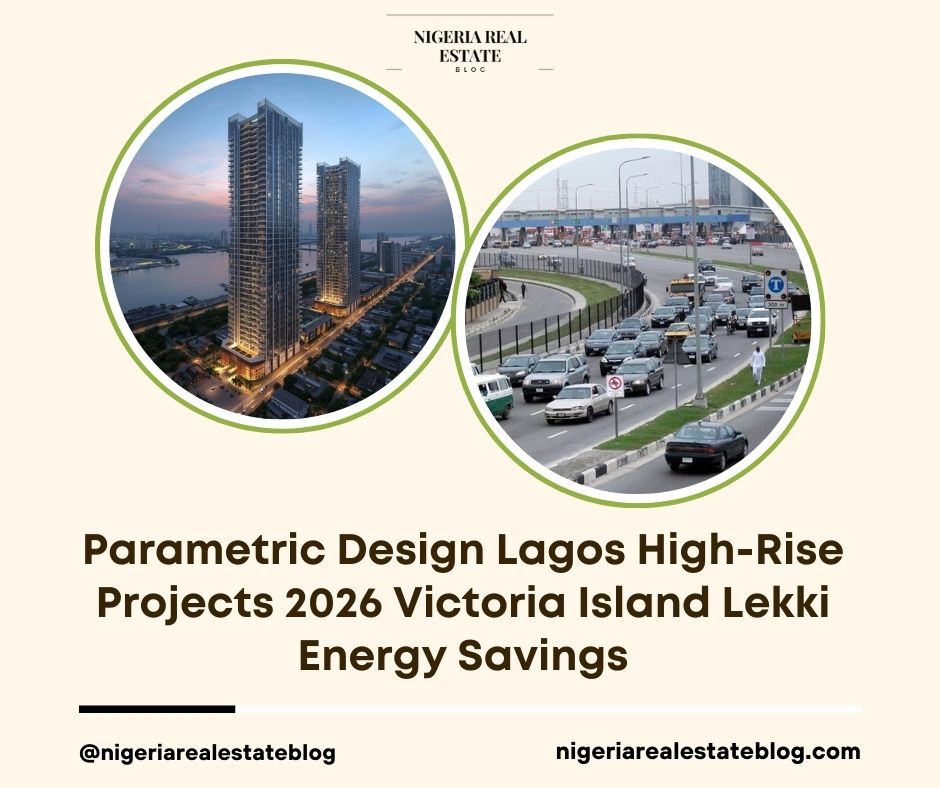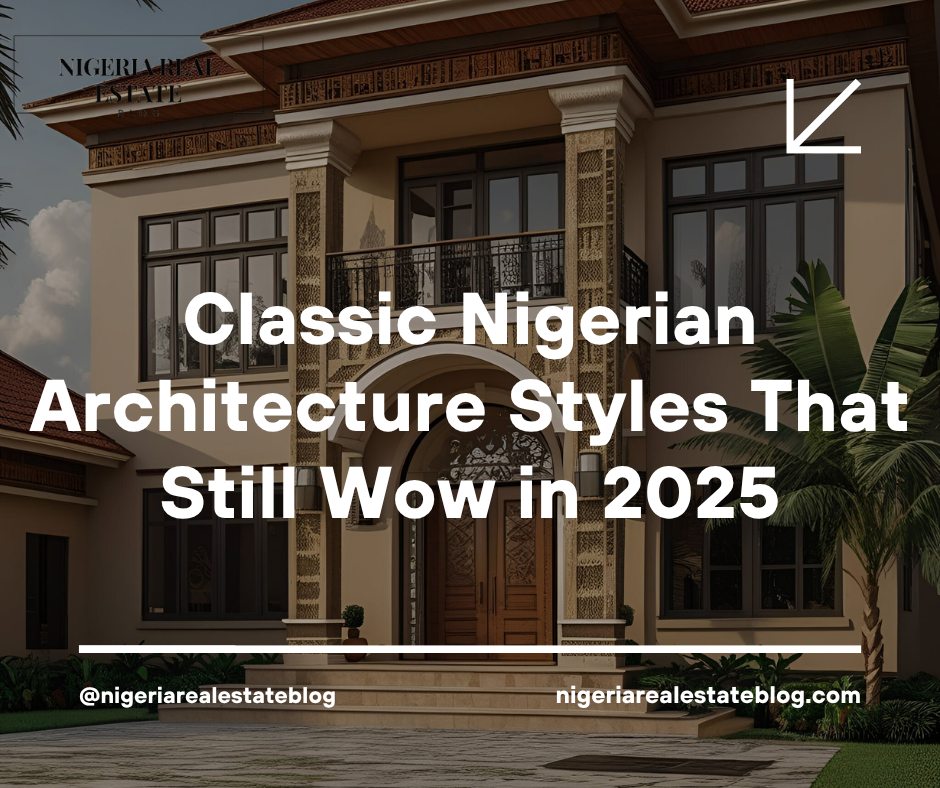
Classic Nigerian Architecture Styles That Still Wow in 2025
What do mud walls in Kano, colonial mansions in Ikoyi, and post-modern duplexes in Enugu have in common?
They all prove that Nigerian architecture is rich, layered, and timeless.
In this post, we explore 5 Nigerian house styles that have stood the test of time — and why they’re trending again in 2025.
1. 🧱 The Afro-Brazilian Style (Lagos Island)
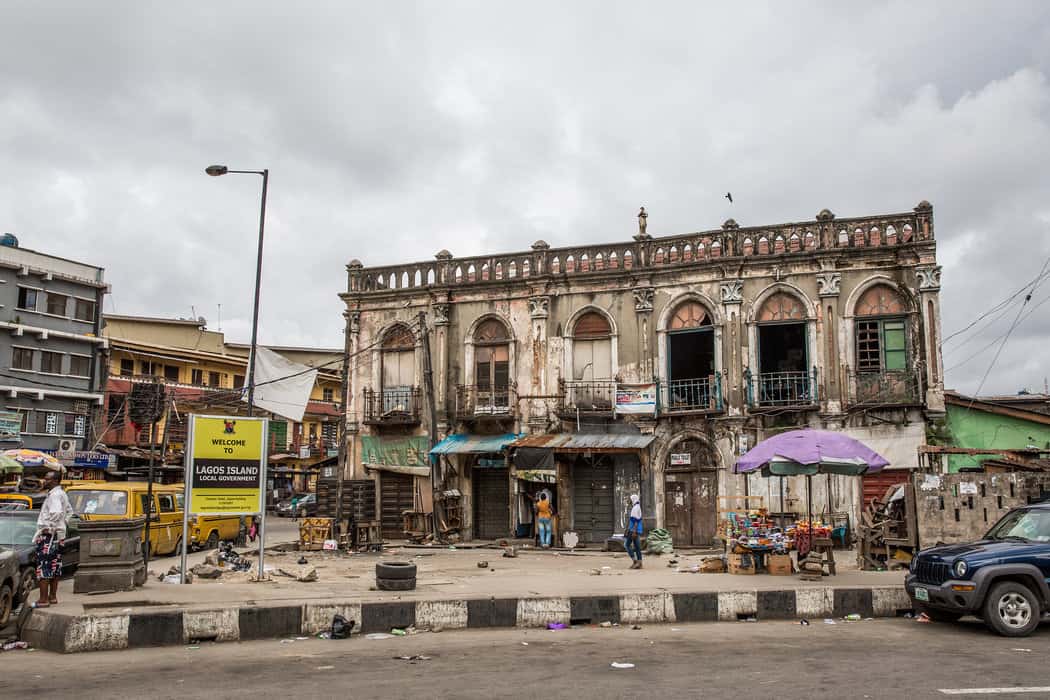
Why It Matters: These homes, influenced by returnees from Brazil in the 1800s, feature arched windows, ornamental cornices, and high ceilings. You’ll still find them in Lagos Island, Badagry, and Abeokuta.
Modern Comeback: Designers now fuse this aesthetic with solar roofing and smart tech.
🔗 Explore Afro-Brazilian heritage homes
2. 🏚️ The Mud-Brick Hausa Compound
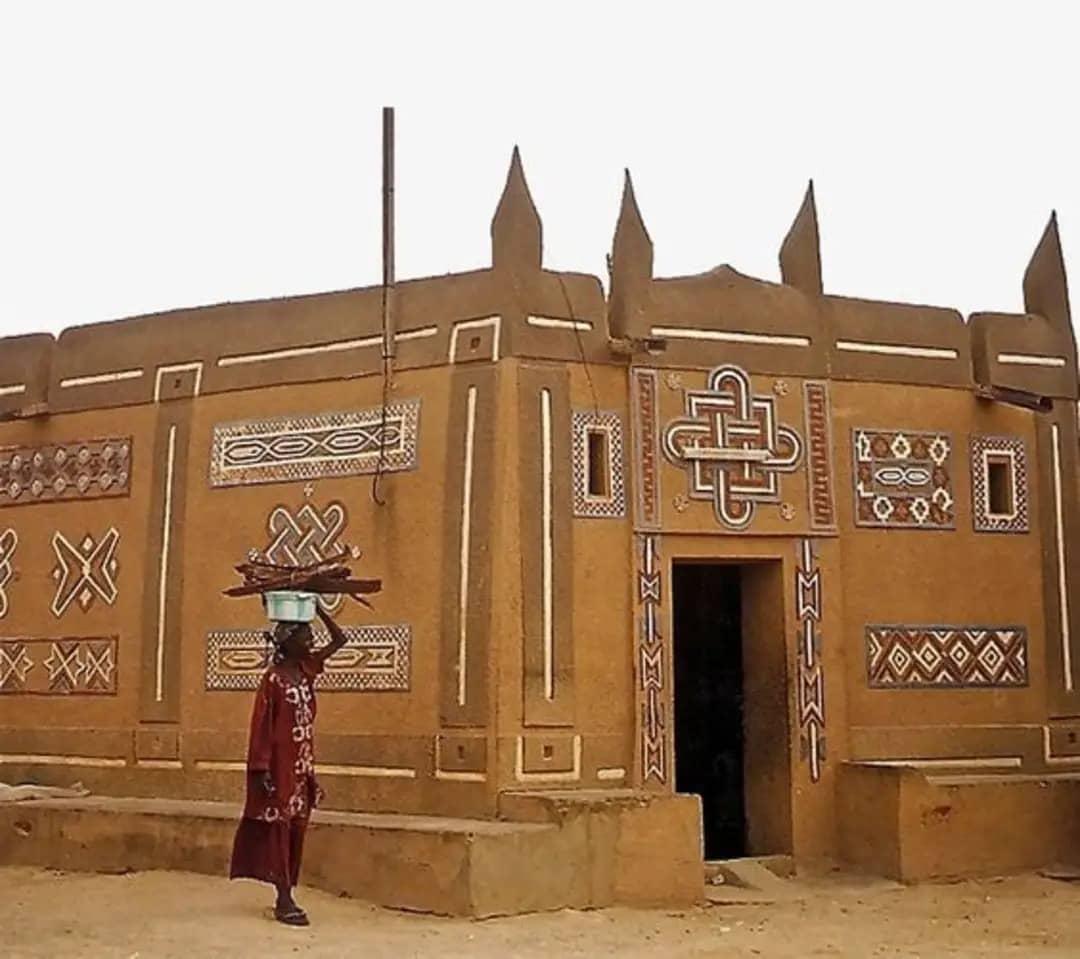
Why It Matters: In Kano, Katsina, and Zaria, traditional compounds use mud, thatch, and intricate wall designs — regulating heat better than concrete.
Modern Comeback: Architects now blend this with eco-friendly paints and vertical gardens.
🌿 Perfect for sustainable living movements.
3. 🏘️ The Colonial Bungalows
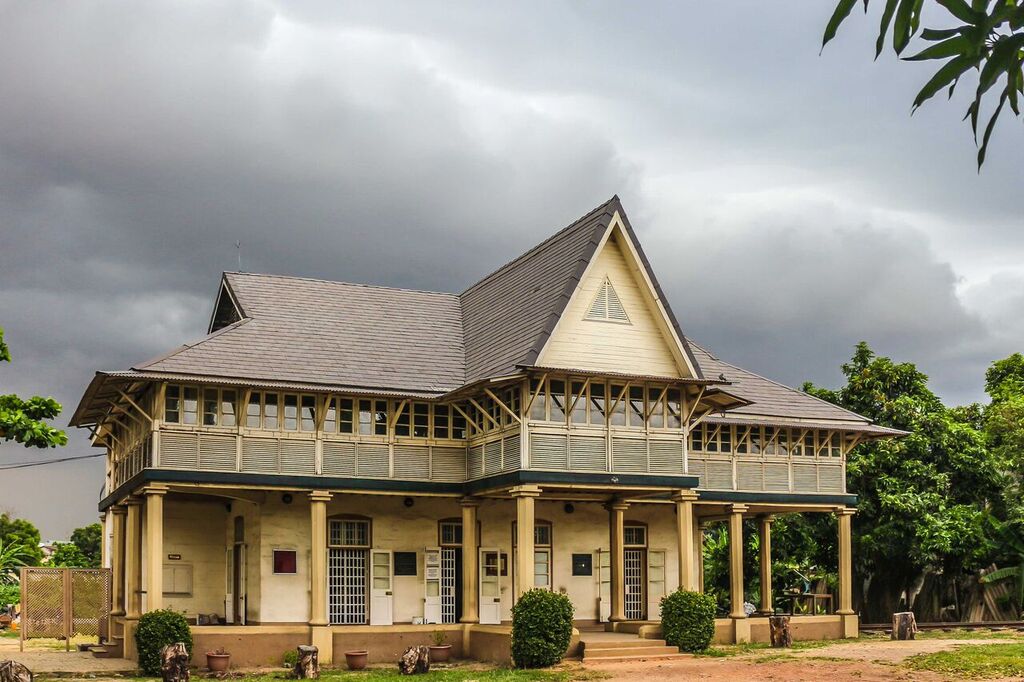
Why It Matters: Think corrugated iron roofs, wide verandas, and British-influenced detailing — common in Ibadan, Calabar, and Jos.
Modern Comeback: Developers now rebuild these with PVC roofing and energy-efficient insulation — still preserving their colonial charm.
4. 🧊 Mid-Century Concrete Blocks (70s–90s)
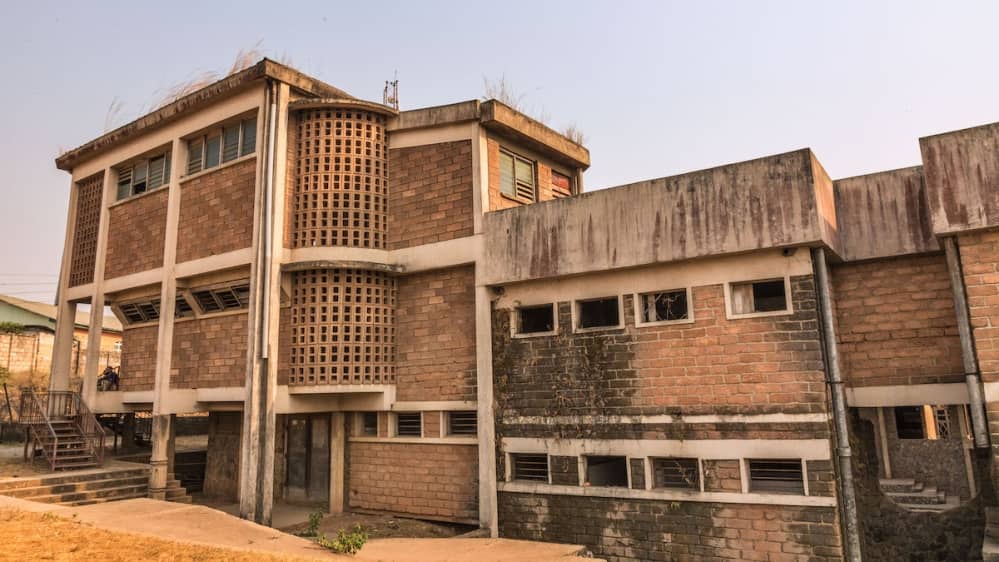
Why It Matters: From festac-style duplexes to 80s Lagos flats, their rugged, minimalist design still holds strong.
Modern Comeback: Interiors now include granite tops, walk-in closets, and floor-to-ceiling windows.
🏗️ Check our Lagos renovation guide here.
5. 🌆 Contemporary Yoruba Palaces
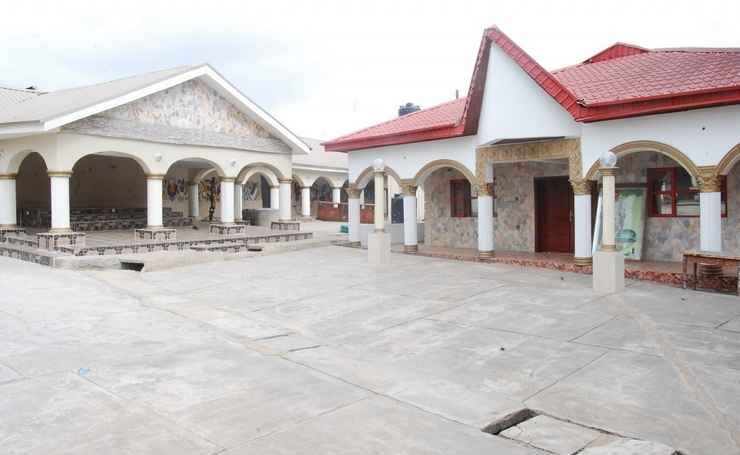
Why It Matters: In Osogbo and Oyo, palaces mix modern opulence with indigenous motifs — large courtyards, traditional carvings, and spacious halls.
Modern Comeback: Builders now replicate these features in gated estate mansions with smart home integrations.
📍 Why It Matters
These styles aren’t just aesthetic — they reflect culture, resilience, and climate adaptation. In 2025, buyers and architects are rediscovering their value, especially in heritage towns and tourist-driven cities.
Tip: If you’re buying land or designing in places like Badagry, Calabar, or Osogbo, consider reviving the traditional style — it adds instant value.

